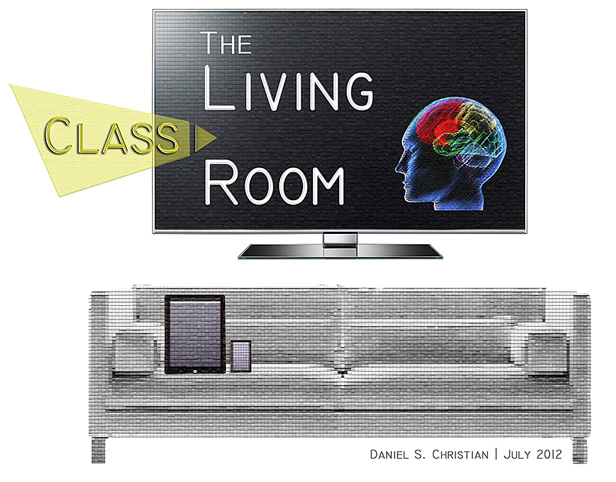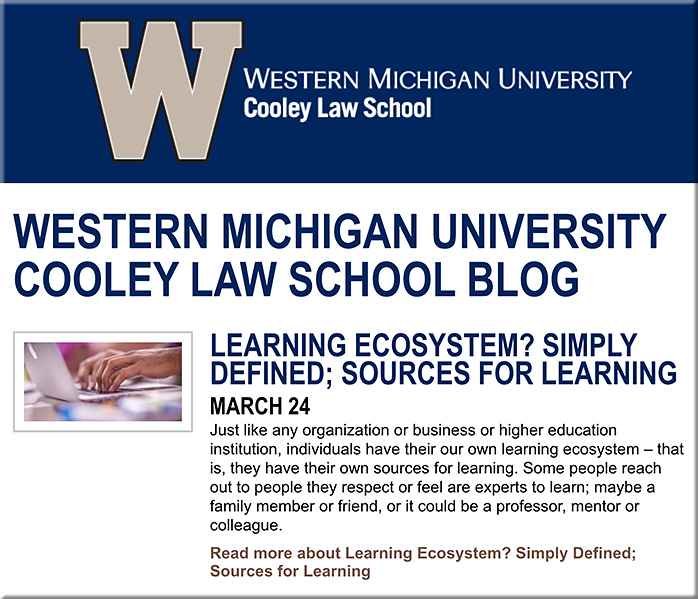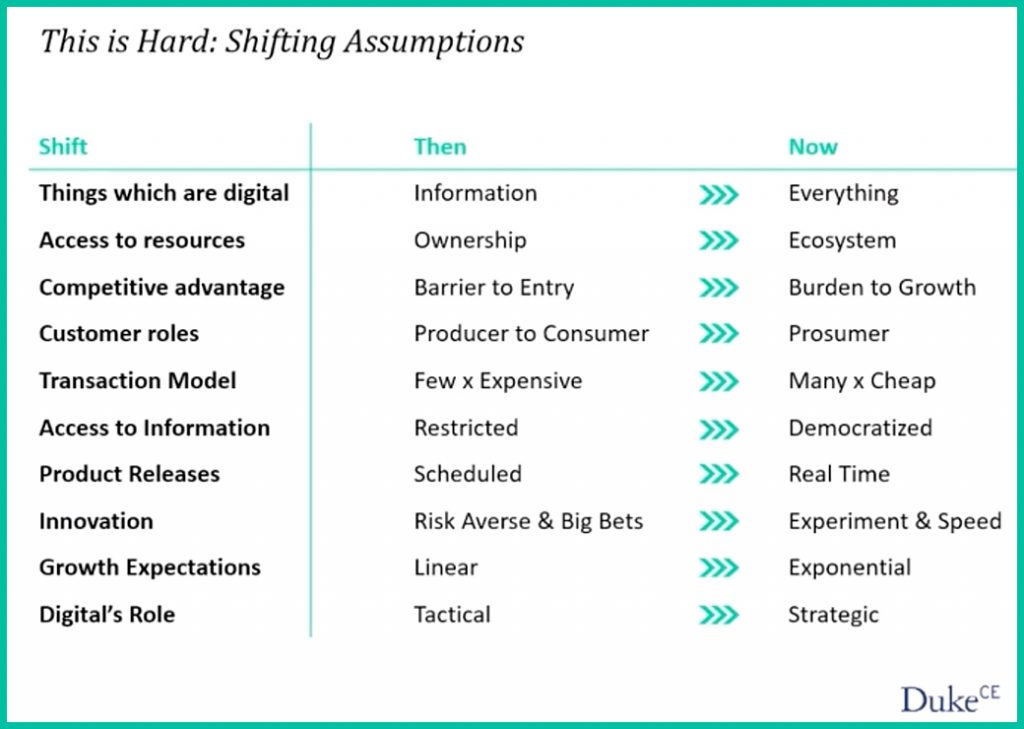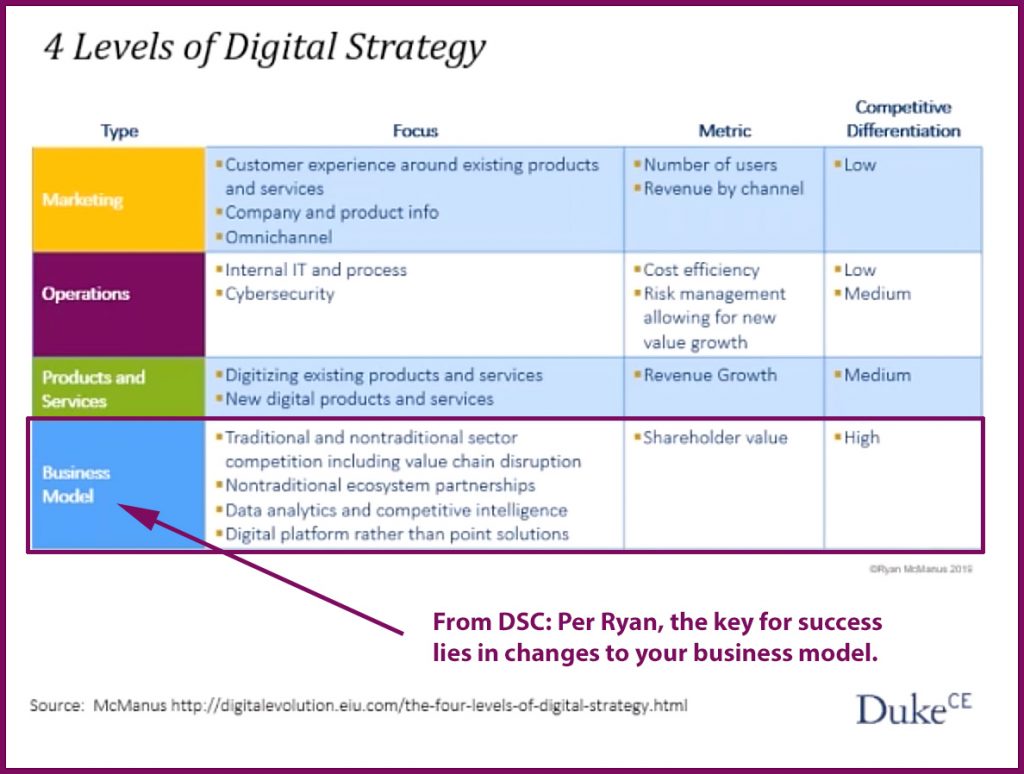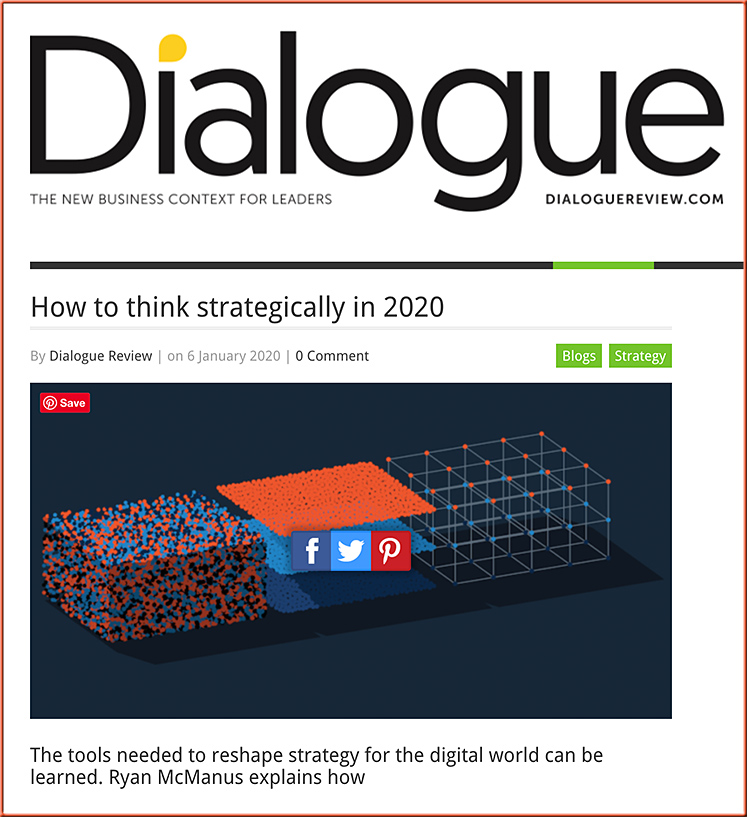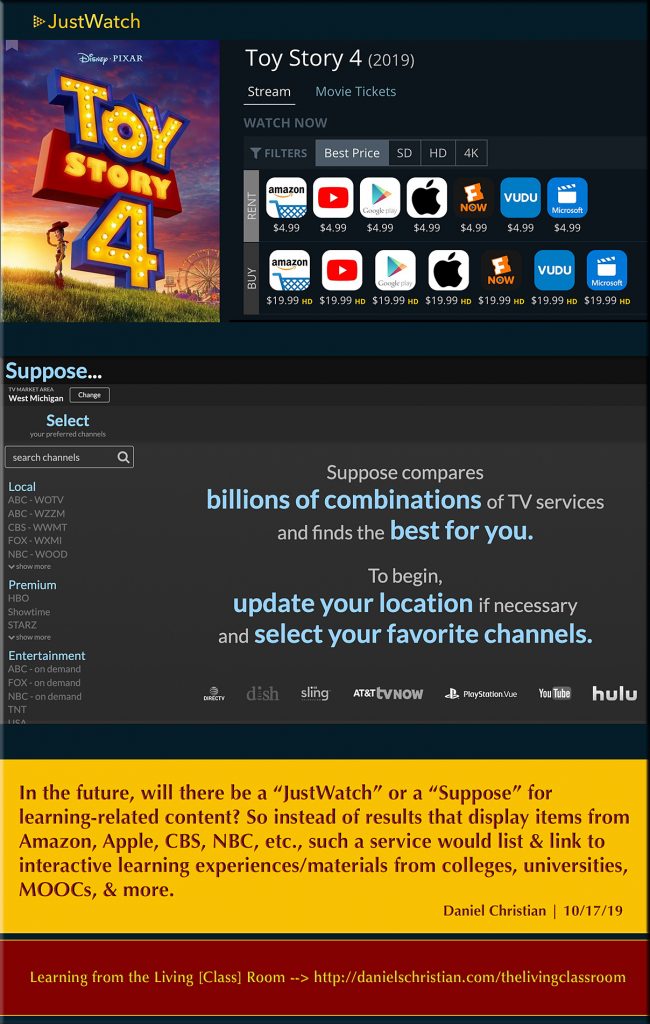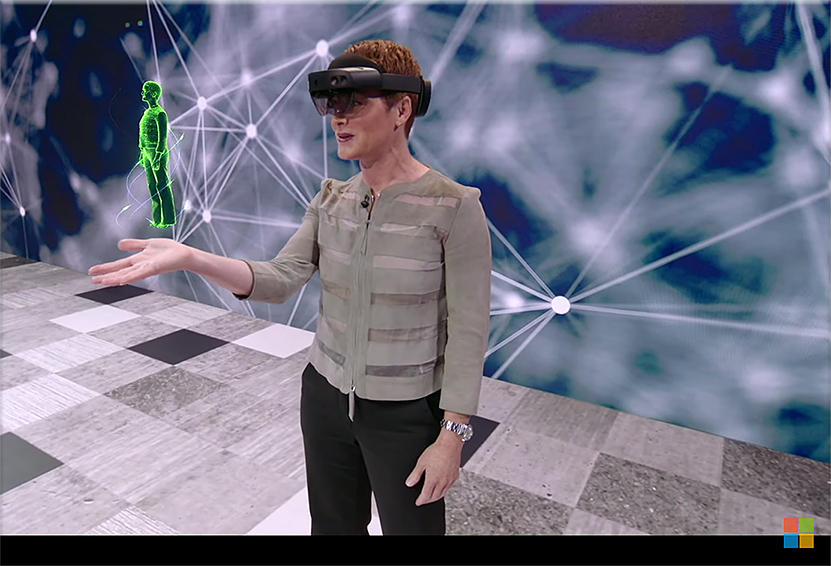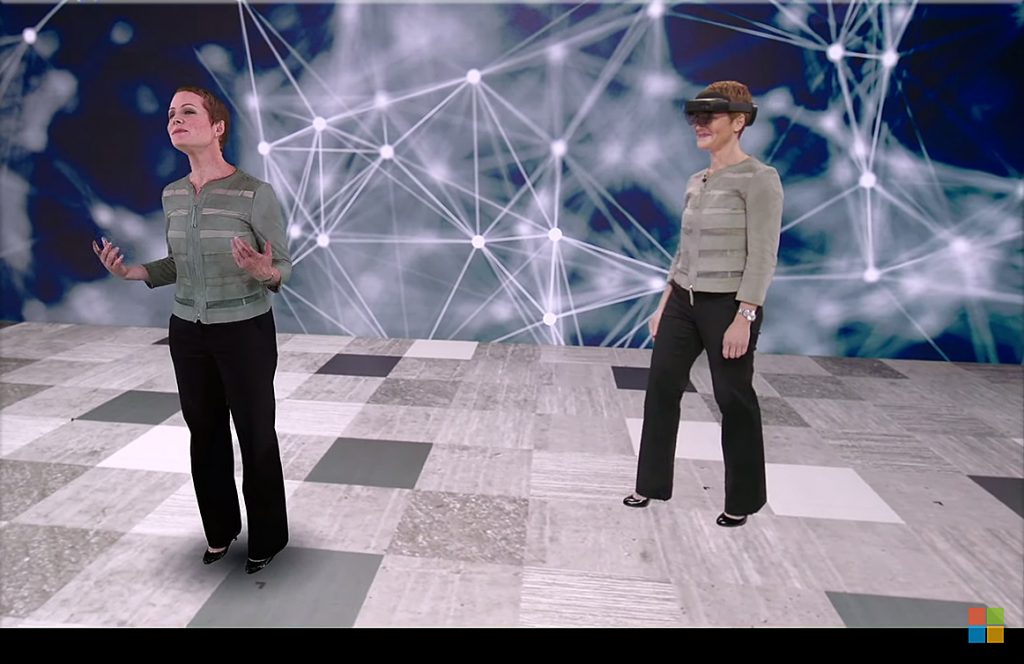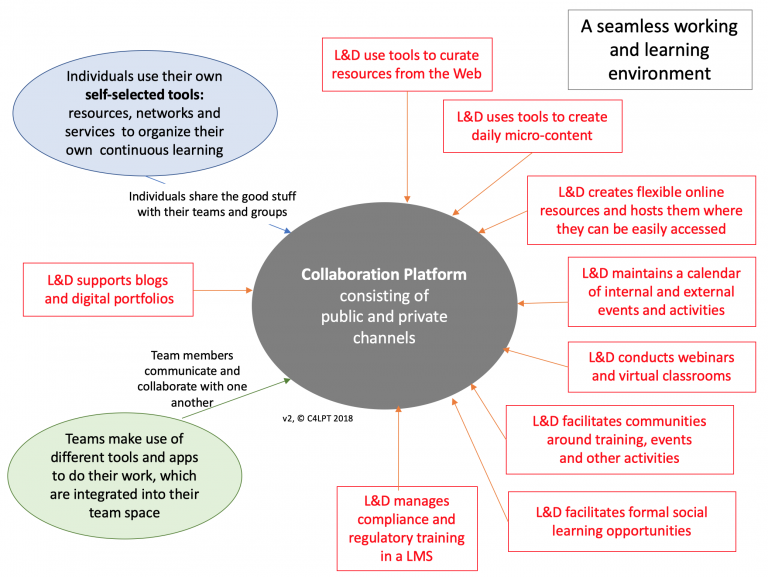Minerva’s Innovative Platform Makes Quality Higher Ed Personal and Affordable — from linkedin.com by Tom Vander Ark
Excerpt:
The first external partner, the Hong Kong University of Science and Technology (HKUST), loved the course design and platform but told Nelson they couldn’t afford to teach 15 students at a time. The Minerva team realized that to be applicable at major universities, active learning needed to be scalable.
Starting this summer, a new version of Forum will be available for classes of up to 400 at a time. For students, it will still feel like a small seminar. They’ll see the professor, themselves, and a dozen other students. Forum will manage the movement of students from screen to screen. “Everybody thinks they are in the main room,” said Nelson.
…
Forum enables real-time polling and helps professors create and manage breakout groups.
…
Big Implications
With Forum, “For the first time you can deliver better than Ivy League education at absurdly low cost,” said Nelson.
Online courses and MOOCs just repackaged the same format and just offered it with less interaction. As new Forum partners will demonstrate, “It’s possible to deliver a year of undergraduate education that is vastly superior for under $5,000 per student,” added Nelson.
He’s excited to offer a turnkey university solution that, for partners like Oxford Teachers Academy, will allow new degree pathways for paraprofessionals that can work, learn, and earn a degree and certification.
Perhaps another piece of the puzzle is falling into place…
